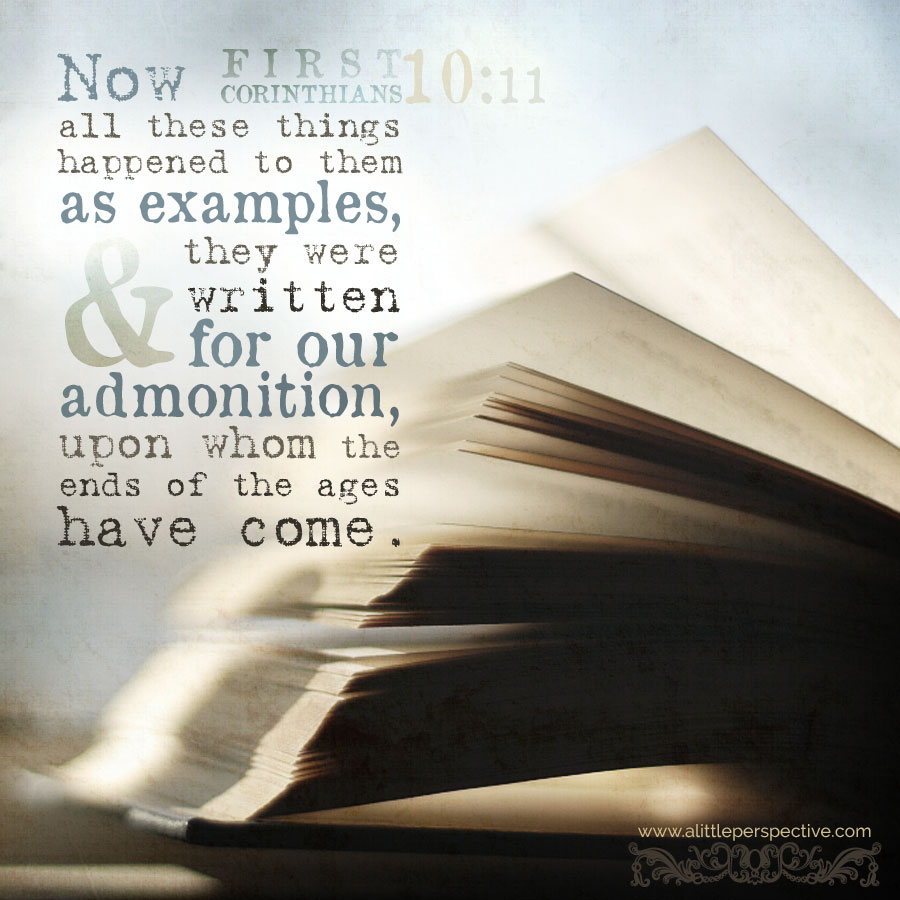Read Jeremiah 21 and 34 at Bible Gateway.
The Hebrew paragraph divisions:
Jer 21:1-3 {s} King Zedekiah sent to Jeremiah for the word of YHVH, since Babylon made war against them
Jer 21:4-10 {s} I have set My face against this city for adversity/ defect to the Chaldeans, that you may retain your life
Jer 21:11-22:5 {p} King of Judah: Execute righteousness, and you will endure, but if not, your house will be desolate
Jer 34:1-5 {s} Zedekiah king of Judah shall be taken to Babylon, but will not die by the sword, but in peace
Jer 34:6-7 {p} Jeremiah spoke this word to Zedekiah when the Babylonians fought against Jerusalem
Jer 34:8-11 {p} Zedekiah’s covenant to set free Hebrew slaves, however they transgressed and enslaved them again
Jer 34:12-16 {s} Thus says YHVH, this is what I commanded you when I set you free from bondage in Egypt
Jer 34:17-22 {p} You have not done right, therefore I set you free to go to the sword, pestilence and famine
Chapter 21 and 34 begin matching elements in a chiastic structure, which have Jer 30-33, the chapters of return and restoration, as the central axis. But I have not completed the structure.
Nebuchadnezzar besieged Jerusalem three separate times, because they would not remain vassals to Babylon. Each time, the king of Judah repented and Nebuchadnezzar went away from them. On the third siege, however, when Zedekiah was king, Nebuchadnezzar had enough of the rebellions of the kings of Judah, and it was his intent to overcome the city and remove the house of David from being king.
It was on this occasion that Zedekiah sent to Jeremiah for a word from the LORD, hoping that the LORD would do something miraculous for Judah to deliver them from Nebuchadnezzar’s hand. Yes, this is the same King Zedekiah who had previously kept Jeremiah in prison for prophesying that God was sending Nebuchadnezzar against Jerusalem to punish Jerusalem for forsaking her covenant with the Him.
“Thus says the LORD, the God of Israel: ‘I made a covenant with your fathers in the day that I brought them out of the land of Egypt, out of the house of bondage, saying, “At the end of seven years let every man set free his Hebrew brother, who has been sold to him; and when he has served you six years, you shall let him go free from you.” But your fathers did not obey Me nor incline their ear.’” Jer 34:13-14
The covenant which the LORD made with Israel when they came out of Egypt, was the Ten Commandments at Mount Sinai (Deu 4:13), with its statutes and judgments (that explained how to keep the Ten Commandments, Deu 4:14). These are the commandments of Torah. Here the LORD highlights a commandment that we might consider auxiliary, superfluous: not something as important as one of the Ten, and says of it that it was the covenant that He made with Israel when they came out of Egypt. In other words, all the commandments of Torah, the LORD considers part of His covenant with Israel, not just the Ten. This is because all the commandments of Torah reveal how to keep the Ten.
“Then you recently turned and did what was right in My sight—every man proclaiming liberty to his neighbor; and you made a covenant before Me in the house which is called by My name.” Jer 34:15
This is interesting: God defines that which is right in His sight — righteousness, right behavior, as opposed to unrighteousness or sin — as keeping a commandment of Torah, what we would consider an obscure commandment of Torah. God gave His body of instruction in righteousness and sin, Torah (the Hebrew word meaning “instruction, teaching”) to Moses by revelation, in the form of commandments.
We have been ingrained with a negative view of Torah, but why? It is true that we are not saved by obedience or by works of the Law. No one is suggesting that we are. But now that we are saved, why is it wrong to learn Torah, so that we might learn God’s definition of righteous behavior and sinful behavior, so that we can order our steps rightly? So that we can live in this world in a way that is right in the sight of the LORD?
In all the years I have been teaching the Scriptures, no one has yet answered that question for me. Paul told us that the things that happened to Israel in her history, happened for our sake, to be an example for us (1 Cor 10:6-11). Well, look at the example of Judah under King Zedekiah: they were saved from slavery in Egypt, before they had done anything good or bad. God delivered them by the blood of the passover lamb before they ever heard one definition of righteousness or sin. But when they pledged themselves to God, to be His people, He asked them to walk in His ways of righteousness, and to do what was right in His sight.
That is obedience to Him– to His commandments. They refused. They brought destruction on themselves because of it. Let us not do likewise!
In the Old Testament, we learned that obedience to His commandments defined righteousness. In the New Testament, we learned that obedience to His commandments defined love. Neither love nor righteousness has been abolished by grace, mercy, or forgiveness of sins!

















Leave a Reply